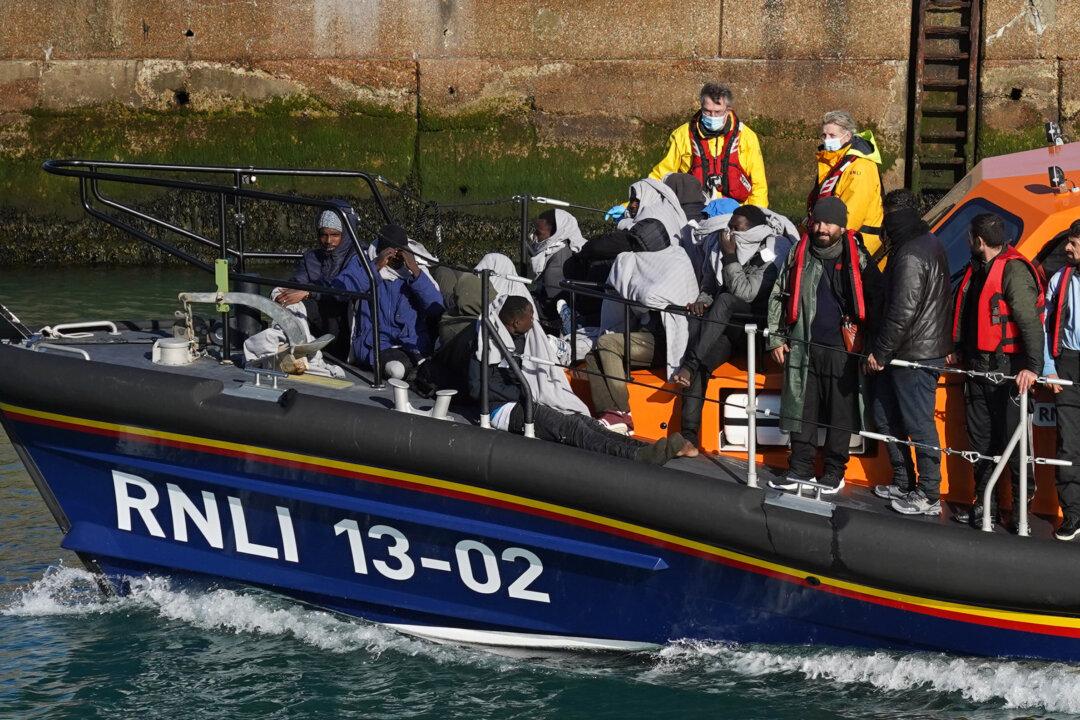Only five illegal immigrants who arrived in the UK by crossing the English Channel in small boats have been sent back to Europe this year, a minister told MPs.
Tom Pursglove, a minister for both the Home Office and the Ministry of Justice, said there had been “difficulties securing returns” when he was questioned by the Commons Home Affairs Committee on Wednesday.





